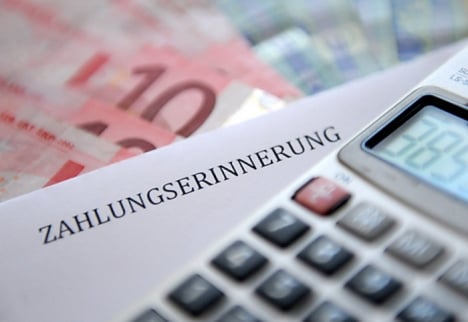Ministers had to face down early opposition by Luxembourg and Austria to approve a directive requiring banks to swap bank account information with tax authorities in other member countries, according to a report from Agence France-Presse (AFP).
This is a real "milestone for what the EU does for its own progress, but also for the international fight against tax evasion," said Italian Finance Minister Pier Carlo Padoan, who presided over the meeting of 28 ministers.
Under the new rules, national tax authorities will have the unprecedented power to collect information on all bank accounts and automatically exchange it with other participating countries.
The decision puts in place commitments already made by the EU to the OECD group of rich nations to implement reforms to fight global tax evasion, a practice blamed for robbing public coffers and making the global financial crisis harder to tame.
The financial hub of Luxembourg, already under pressure from EU regulators for its corporate-friendly tax policies, approved the new rules after months of dragging its feet.
The small eurozone duchy, along with Austria, is worried that the tougher rules would threaten its position against high-finance rivals such as Switzerland and Liechtenstein.
But despite a long and tortuous defence of banking secrecy, both these countries have also signed up to the OECD standard for financial transparency, which opened the way for the breakthrough at the EU.
With the deal, EU countries agreed to set up the automatic exchange of bank details by 2017. Austria won a one-year delay it said was necessary to set up the procedure.
"Bank secrecy is dead and automatic exchange of information will be applied in its widest form," said Algirdas Semeta, the EU's taxation commissioner.



 Please whitelist us to continue reading.
Please whitelist us to continue reading.
Member comments